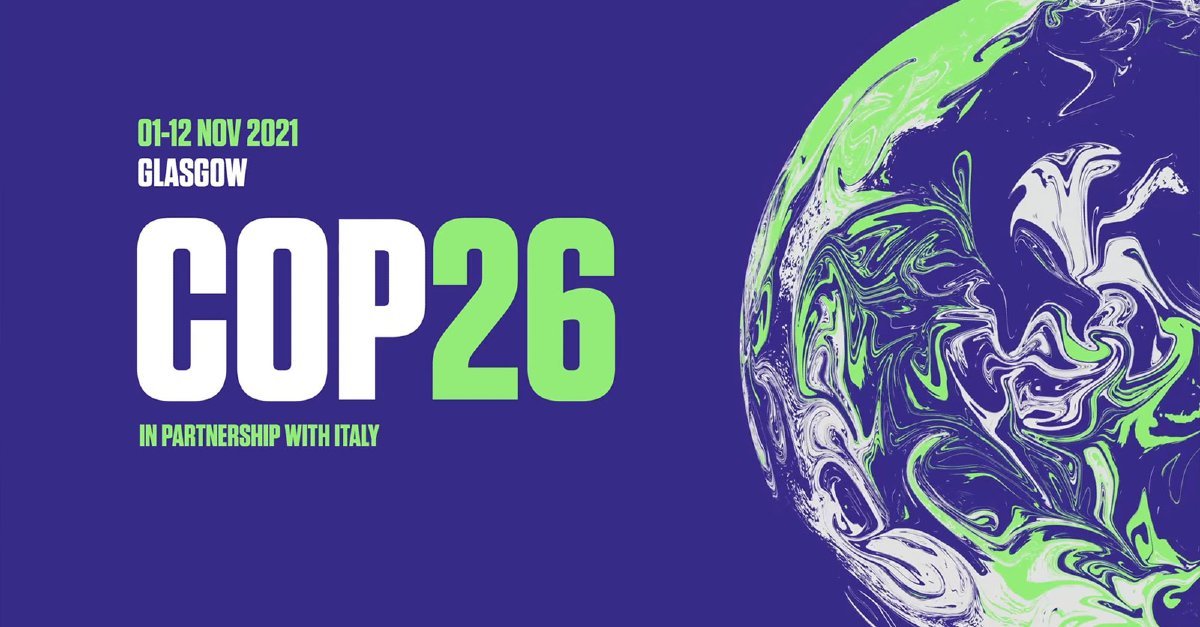Are you really listening? Young people's voices at COP26
“None of us have a choice. We all have to be activists because world leaders have left us with no choice.”
Today, the UN Climate Change Conference of the Parties (COP26) is focused on youth and public empowerment, with a goal to “elevate the voice of young people and demonstrating the critical role of public empowerment and education in climate action.”
The Children and Youth constituency to United Nations Framework Convention on Climate Change (YOUNGO) will present a global youth statement, whilst various civic groups will be showcasing how they are helping some of the most vulnerable populations around the world.
As part of Fridays for Future, a youth and student march is planned in Glasgow, with well-known youth activist Greta Thunberg expected to be in attendance.
We are delighted to release our Policy Brief today in line with these events, urging those in positions of power to recognise and listen to young people as agents of change.
On Thursday 4th November, UNICEF, along with Fridays for Future, hosted a panel event at COP26 - ‘UNICEF: Giving young people the floor at COP26.’ This conference was a great opportunity to hear from a variety of youth climate activists who are working hard to lobby for real commitments to change.
The message from the young people participating was clear. Children and young people will bear the brunt of the climate crisis, yet their voices and opinions are not being fairly considered and acted upon. Children need to be at the heart of all decisions relating to climate change, placing them as the most necessary clients for sustainable climate solutions.
They don’t just want a seat at the table, though. That’s simply not good enough. As young people continue to demand climate justice from decision makers, with little to no action occurring in response, they are increasingly lobbying for viable platforms to not only be heard, but to be able to make significant changes.
Far-off commitments and ethereal promises don’t do justice to the urgency of the situation. Children and young people are increasingly worried for not only their futures, but their present, and this isn’t being reflected in the decisions that are being made. Young activists are particularly concerned that they are being invited along to events, such as COP26, in a tokenistic way - ticking the ‘youth participation’ box. They feel that taking to the streets in protest will allow them to make a greater impact than attending some of the conferences. The fact that this particular COP has been incredibly inaccessible to young people, with Greta Thunberg labelling it ‘the most excluding COP ever’ , further highlights this point.
“Perhaps adults do hear us, but they’re just wiping away our voices. We’re the ones who deal with the consequences. We’re the ones who will grow up and fix the problems that you have exacerbated and made worse.”
A key component of our work with UNICEF on the Children’s Climate Risk Index has been to explore how to promote children’s rights in mitigating children’s climate risk. While the CCRI pinpoints the locations where children are most at risk, more needs to be done to ensure that children can exercise their rights, voices, agency and decision-making capacities in developments designed to mitigate their vulnerability to climate risk.
Children’s lived experiences and voices on climate risk are missing from the National Action Plans called for by the 2015 Paris Agreement and countries committed to the 1990 United Nation’s Convention on the Rights of the Child. Understanding the risks that climate change poses to children is fundamental for understanding children’s current and future well-being. For children’s rights to be fully realised, their voices, and understandings of risk and vulnerability, need integration into policymaking as agents involved in mitigating risk and making decisions, and as joint partners in determining future developments that will impact their lives most as they grow and seek to flourish.
One of the key findings from our systematic literature review was this:
There remains a notable absence of children’s agency and decision-making capacities within the existing research.
“They tell us we are the future, but they burn our present. They tell us we are the future, but they pollute our present.”
As children are disproportionately affected by the impacts of climate change, it is fundamental for them to be positioned at the centre of all developments in research, policy, decision-making, and practice. Opportunities for children to exercise their agency and for research to be conducted in partnership with children to coproduce and utilise qualitative forms of inquiry to understand their real life experiences of climate risk are crucial to future development. Action should follow such insights to safeguard children’s futures. Societal efforts in mitigating climate risk have to involve children fully as agents as envisaged in the Convention of the Rights of the Child (CRC).
“It’s not about being radical, these are basic human rights.”
In line with today’s focus on youth and public empowerment, we are releasing our policy brief based on the CCRI.
Addressing the climate crisis requires every part of society to act. Policymakers, acting on behalf of society, should therefore:
Engage actively with children as decision-makers and work with them to transform their lives
Provide the resources necessary to transform children’s lives by eliminating poverty, providing high quality health care, and facilitating access to all levels of education
Reduce reliance on fossil fuels as drivers of in-country development, and pursue low-carbon development opportunities
Promote child-centred policies and practice amongst community-based practitioners

